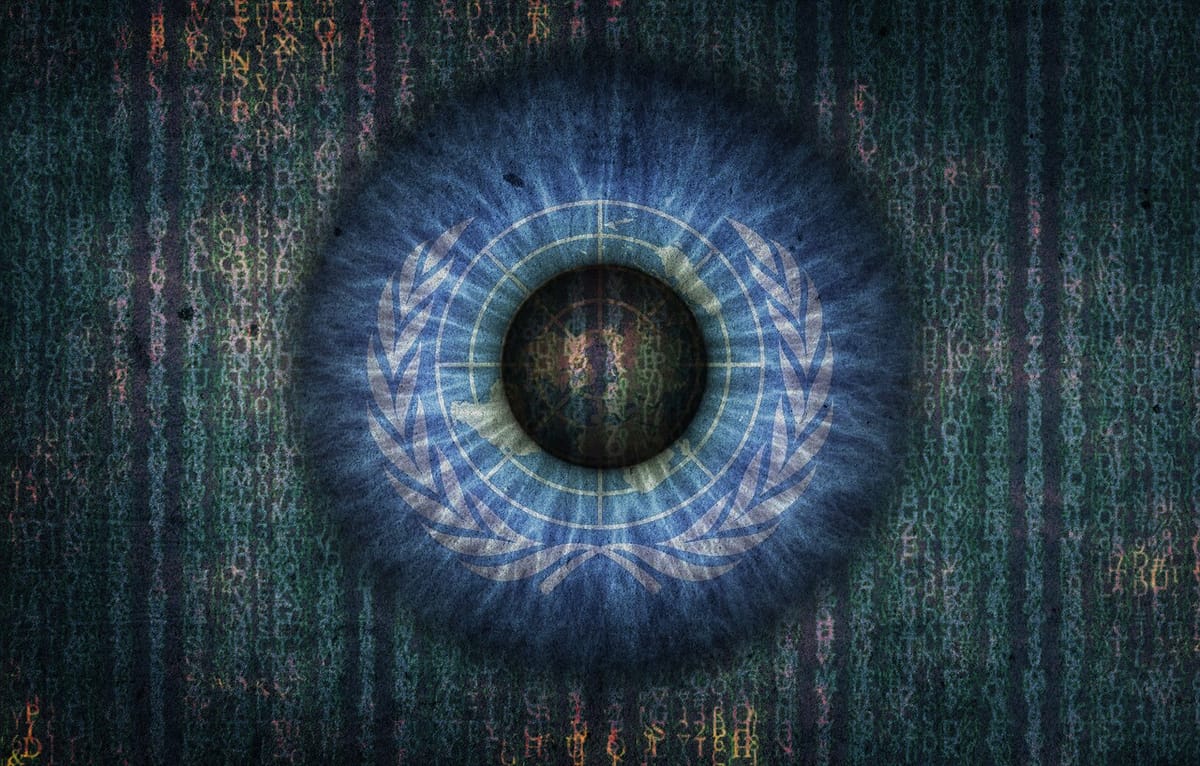UN Cybercrime Draft Convention Approved Unanimously Despite Widespread Opposition
The United Nations approved its first cybercrime treaty—a massive surveillance pact that mandates intrusive domestic surveillance measures and states’ cooperation in surveillance and data sharing—in a unanimous vote last week.

- The treaty was adopted by consensus after three years of negotiations but still needs a vote from the General Assembly in the fall. It requires ratification by 40 nations and is expected to pass, as the same states will be voting on it.
- The draft agreement requires UN member states to legislate against unauthorized access to information systems, the production or sale of explicit child sexual content, online grooming, deepfakes, misuse of electronic devices, computer-related forgery or theft, and allows states to collect data for convictions and "compel" service providers to provide incriminating information.
"The UN Cybercrime Convention drastically expands government surveillance powers and enables widespread personal data sharing between UN member states. It mandates member states to formalize money laundering offenses and cybercrimes to an extent that would criminalize hacking, whistleblowing, and security research," reports The Rage.
- The convention requires member states to identify, trace, confiscate, and seize crime-related assets and collect real-time data for requesting states. It also mandates establishing criminal offenses for concealing or disguising the true nature and source of property and intentionally transferring property to conceal its illicit origin.
"While the treaty defers most articles to the governance of local laws, it states that states 'shall not decline to act [...] on the ground of bank secrecy,'" writes L0la L33tz.
- Opponents of the treaty, including human rights organizations and tech companies, are concerned about provisions allowing authorities to obtain electronic evidence and request data from internet service providers across nations.

- "Global business doesn’t support the text as it is—it should be abandoned," said Nick Ashton-Hart, the head of the tech accord delegation.
- "The United States welcomes the Ad Hoc Committee on Cybercrime’s adoption of the United Nations Convention Against Cybercrime. The agreement expands the global fight against cybercrime, which is one of the most pervasive challenges of our time, affecting communities around the world," said U.S. Department of State spokesperson Matthew Miller.
Draft Convention Link
Press Release / Archive
The Record Article / Archive
The Rage Article / Archive
EFF Article / Archive




